Reinvention Is Key to God of Wars’ Continued Success
The God of War series has been a PlayStation mainstay for four console generations. Kratos' vengeful journey, beginning in 2005, has defied expectations, thriving where other long-running franchises faltered. This longevity stems from a willingness to adapt. The pivotal 2018 reboot, transplanting Kratos from Ancient Greece to Norse mythology, dramatically altered the series' presentation and gameplay. However, even before this acclaimed shift, Sony Santa Monica subtly yet effectively evolved the series, ensuring its survival.
Reinvention remains crucial for God of War's future success. Director Cory Barlog expressed interest in exploring Egyptian and Mayan settings, and recent rumors suggest an Egyptian setting may be next. This desire is understandable; Ancient Egypt offers a unique culture and rich mythology. But a new setting is merely the starting point. Future iterations must reinvent themselves, building upon the strengths of the Greek trilogy while refining and enhancing them, much as the Norse games did.
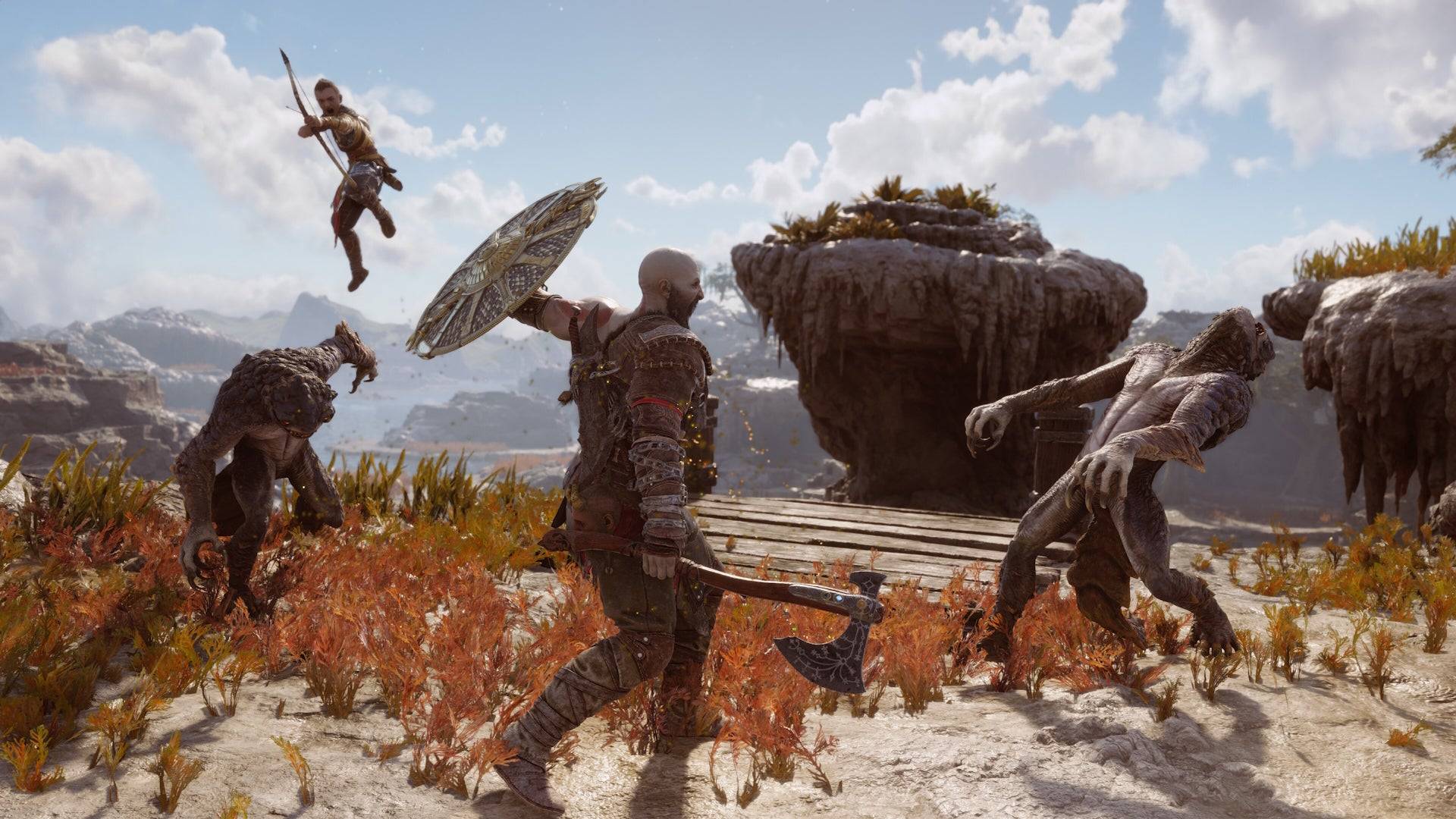
The Greek trilogy, spanning a decade, progressively refined its hack-and-slash gameplay. By God of War 3, Kratos wielded a revamped magic system complementing the melee combat, facing diverse and challenging enemies. The PS3's enhanced power enabled improved camera angles, showcasing the game's graphical prowess.
The reboot, however, significantly altered core elements. The Greek trilogy's platforming and puzzle elements were largely removed in the Norse games, primarily due to the shift to a third-person over-the-shoulder camera perspective. Puzzles remained, but were redesigned to fit the new adventure-focused design. Valhalla, the God of War Ragnarök DLC, interestingly revisited battle arenas, a feature from the original trilogy, adapting them to the Norse setting. This mechanical and narrative return to Greek roots brought Kratos' story full circle.
The Norse games weren't simply reinterpretations; they introduced innovations like the Leviathan Axe's throwing mechanics, a parry system enhanced by various shields, and Ragnarök's magical spear, enabling a faster, more explosive combat style. These tools facilitated exploration across the Nine Realms, each with unique enemies and environments.
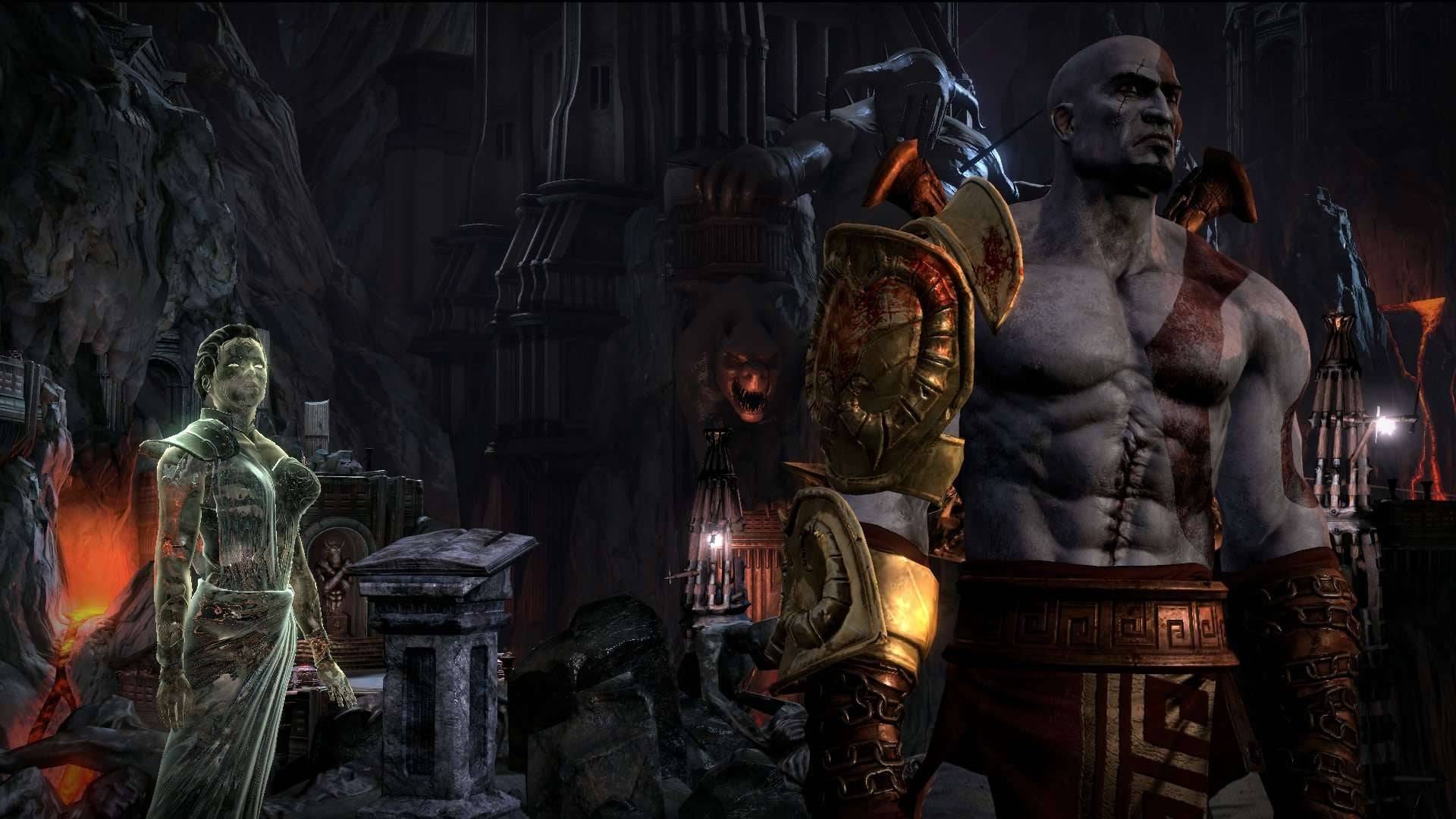
Beyond mechanics, the Norse duology's storytelling marked a significant departure. Kratos' grief over his wife and his strained relationship with Atreus form the emotional core, a stark contrast to the original trilogy's more brutal narrative. This emotive approach contributed significantly to the Norse era's success.
God of War's evolution reflects a unique approach to franchising. The creators view the Norse games not as sequels, but as extensions of Kratos' journey. This philosophy should guide future installments.
However, radical reinvention isn't a guaranteed formula. Assassin's Creed's frequent shifts in setting and time period, while profitable, haven't maintained consistent fan engagement across generations. The shift to an open-world RPG with Assassin's Creed Origins weakened the connection to the core assassin lore. Subsequent installments faced criticism for content bloat and a drift from the series' stealth-focused roots.
Assassin's Creed Mirage, a return to the series' origins, received positive feedback. Assassin's Creed Shadows appears to continue this trend. This demonstrates the potential pitfalls of abandoning what made a series successful.
AnswerSee ResultsGod of War's success lies in its skillful navigation of change. The Norse games, while a radical departure, retained Kratos' core appeal and the series' mechanical foundations. The fiery combat of the Greek trilogy formed the bedrock for new evolutions: enhanced Rage options, new weapons, expanded combat options, and the introduction of playable segments as other characters. These additions built upon the series' identity, enriching the lore rather than replacing it.
Future installments, regardless of setting (Egyptian or otherwise), must maintain this evolutionary approach. The Norse games succeeded due to both their refined combat and compelling narrative. The next God of War must build upon this strength, introducing bold changes while preserving the series' core identity.
-
 Mar 17,25All Split Fiction Achievements & How to Unlock Them Dive into the captivating co-op adventure Split Fiction from Hazelight Studios! This guide outlines every achievement, ensuring you and your partner conquer every challenge. While some trophies are earned naturally through the story, many require thorough exploration and unique actions. Use this g
Mar 17,25All Split Fiction Achievements & How to Unlock Them Dive into the captivating co-op adventure Split Fiction from Hazelight Studios! This guide outlines every achievement, ensuring you and your partner conquer every challenge. While some trophies are earned naturally through the story, many require thorough exploration and unique actions. Use this g -
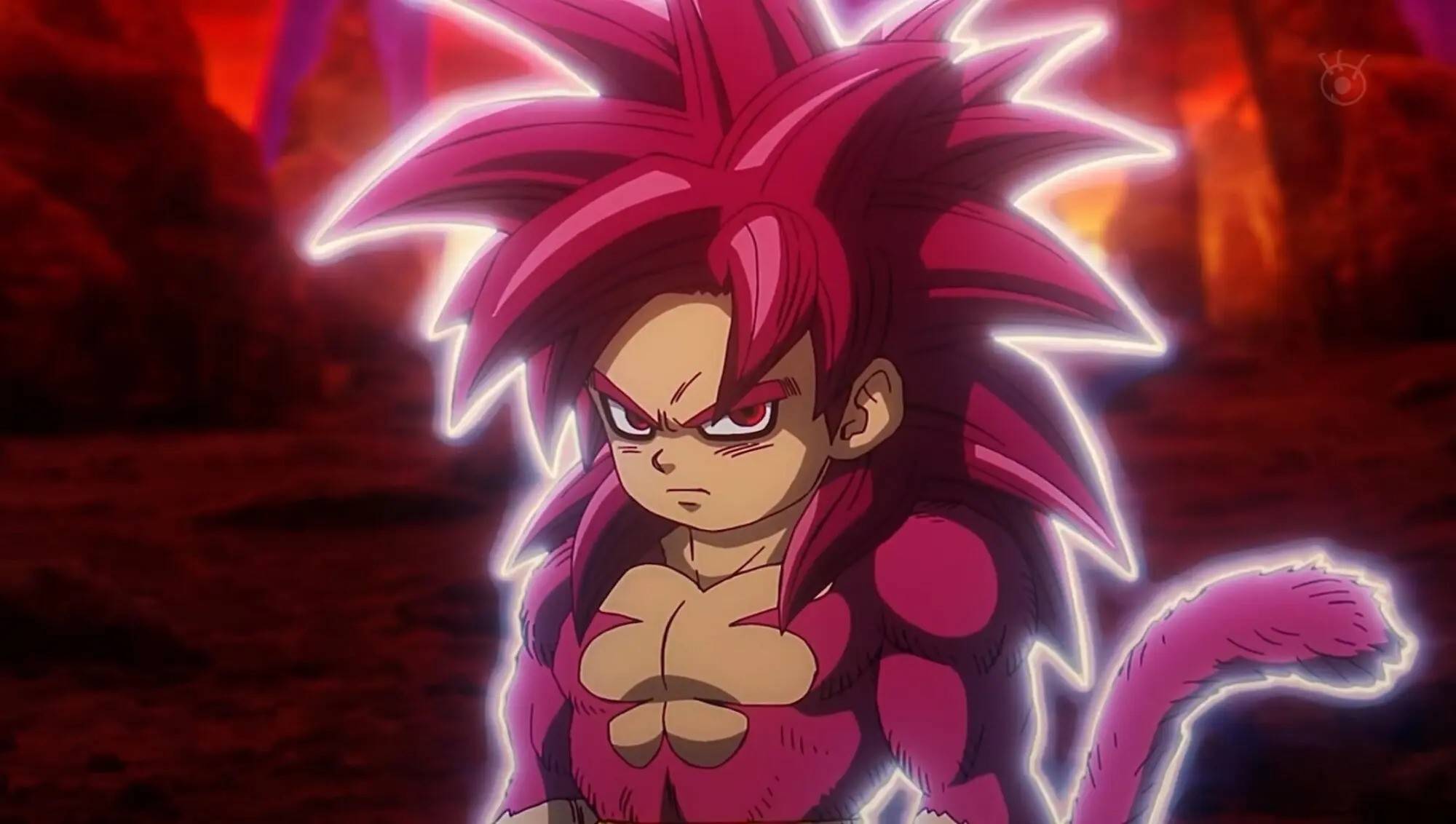 Mar 19,25How Does Dragon Ball Daima’s Finale Explain Goku Never Using Super Saiyan 4 in Super? The climactic battle in Dragon Ball Daima's finale pits Gomah against Goku, showcasing Goku's newly acquired form. This episode naturally led many fans to anticipate an explanation for Super Saiyan 4's absence in Super. So, how does the finale address this?In episode 19, after Glorio's wish restore
Mar 19,25How Does Dragon Ball Daima’s Finale Explain Goku Never Using Super Saiyan 4 in Super? The climactic battle in Dragon Ball Daima's finale pits Gomah against Goku, showcasing Goku's newly acquired form. This episode naturally led many fans to anticipate an explanation for Super Saiyan 4's absence in Super. So, how does the finale address this?In episode 19, after Glorio's wish restore -
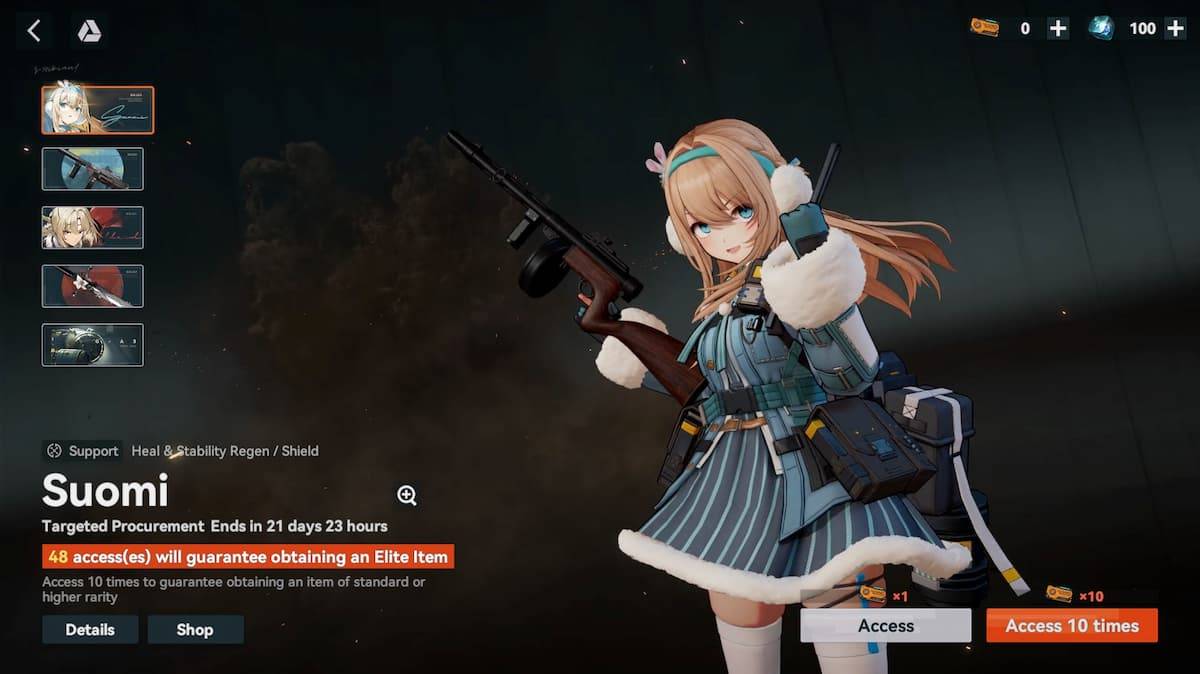 Jan 16,25Girls' Frontline 2: Exilium Tier List Released Another free-to-play gacha game, another character ranking to guide your investment choices. This Girls’ Frontline 2: Exilium character tier list helps you prioritize which characters are worth your resources. Girls’ Frontline 2: Exilium Character Tier List Here's a breakdown of currently available
Jan 16,25Girls' Frontline 2: Exilium Tier List Released Another free-to-play gacha game, another character ranking to guide your investment choices. This Girls’ Frontline 2: Exilium character tier list helps you prioritize which characters are worth your resources. Girls’ Frontline 2: Exilium Character Tier List Here's a breakdown of currently available -
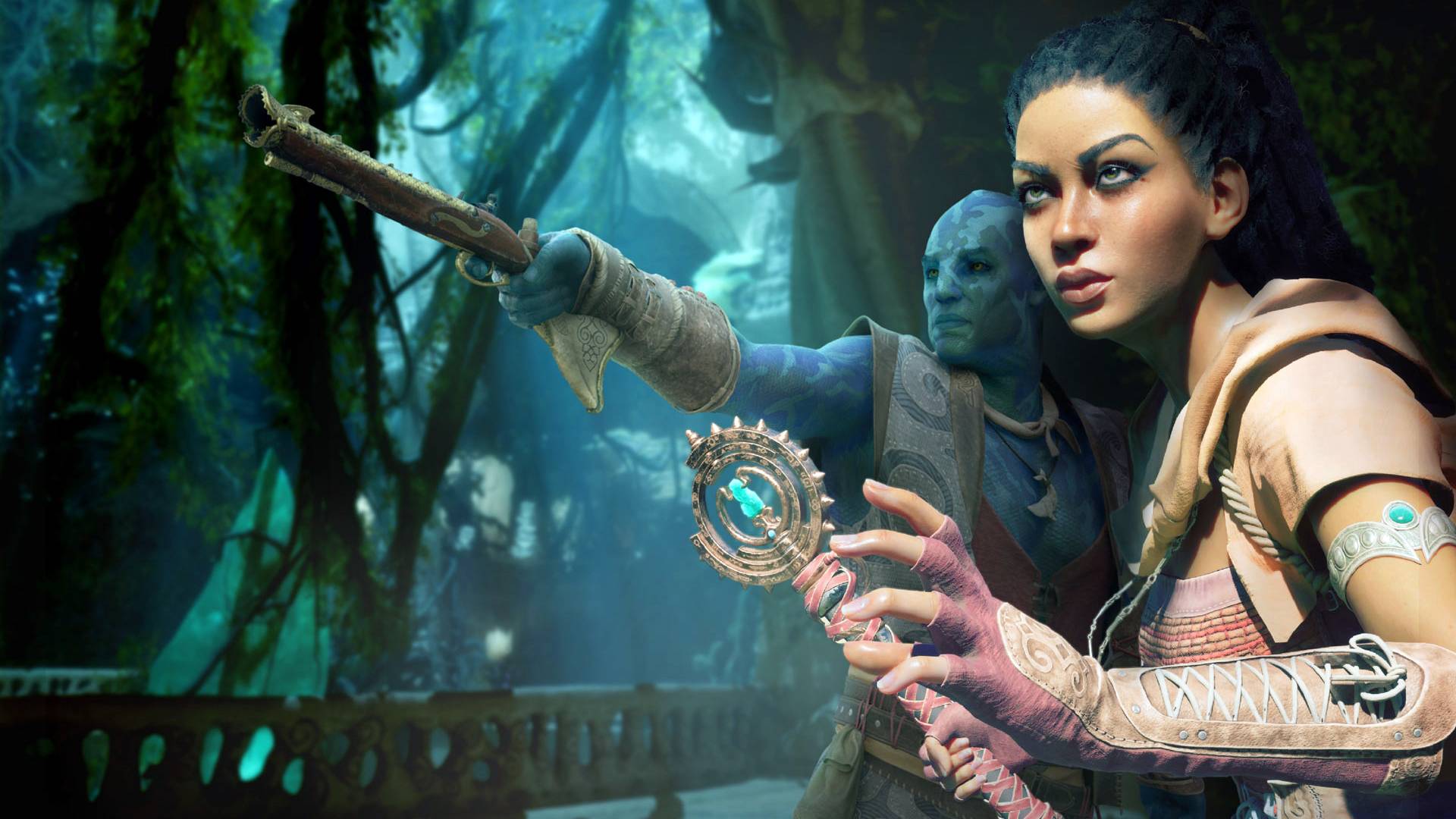 Mar 18,25Avowed Best PC Settings for Max FPS *Avowed*, a visual masterpiece, immerses you in a richly detailed world. To fully appreciate its stunning graphics without sacrificing performance, optimizing your PC settings is key. This guide helps you strike the perfect balance between breathtaking visuals and smooth gameplay.Recommended Videos
Mar 18,25Avowed Best PC Settings for Max FPS *Avowed*, a visual masterpiece, immerses you in a richly detailed world. To fully appreciate its stunning graphics without sacrificing performance, optimizing your PC settings is key. This guide helps you strike the perfect balance between breathtaking visuals and smooth gameplay.Recommended Videos
